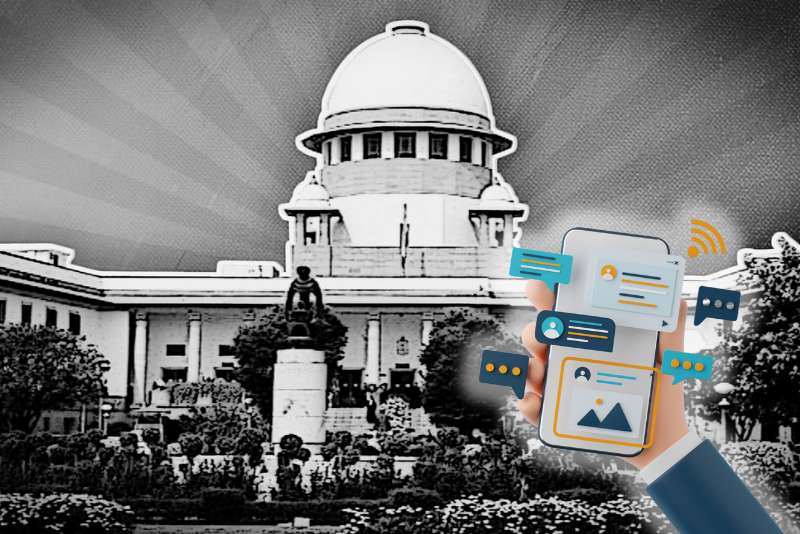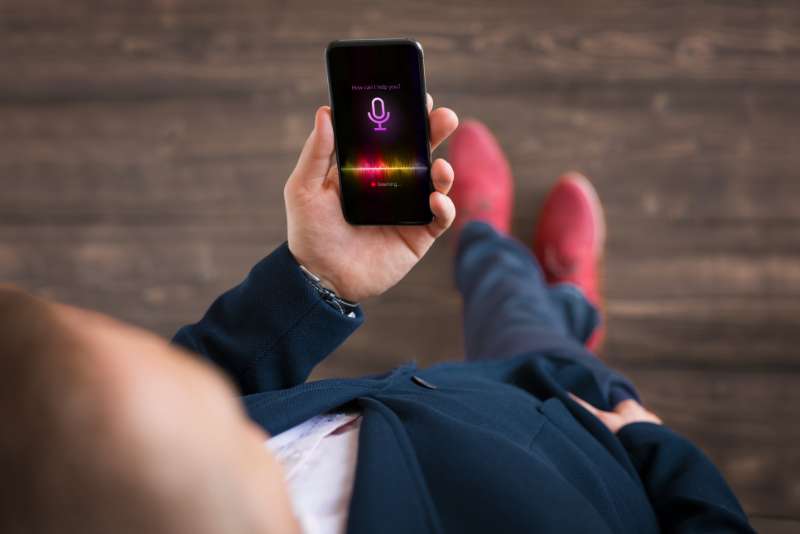
Privacy Concerns and Unchecked Powers Prompt Legal Scrutiny
Gangtokian News Desk: In a significant development, the Supreme Court of India has called for guidelines to regulate the search and seizure of digital devices, such as mobile phones and laptops, by law enforcement agencies during investigations. A two-judge bench comprising Justices Sanjay Kishan Kaul and Sudhanshu Dhulia made this call during a hearing of a petition filed by the Foundation for Media Professionals (FMP), which seeks to address the unchecked powers of investigating agencies in seizing digital devices.
The Supreme Court, while emphasizing the importance of protecting privacy rights, expressed concerns about the potential misuse of individuals’ private data by the state. The bench noted that media professionals often have sensitive information related to their sources stored on their devices, making it crucial to establish guidelines that balance law enforcement needs with individual privacy rights.
“It is dangerous; all powers are with the agencies… it is very very dangerous,” the bench remarked during the hearing. It urged the Union government to develop comprehensive guidelines within a four-week timeframe to address this pressing issue.

Privacy as a Fundamental Right
The Foundation for Media Professionals filed its petition in October 2022, highlighting the significance of personal digital devices as repositories of sensitive personal data. It argued that existing laws do not adequately regulate the search and seizure of digital devices, as these laws primarily pertain to physical spaces, documents, or things and do not explicitly encompass electronic records.
The petitioner asserted that law enforcement agencies often use their powers to compel the production of digital devices or conduct searches and seizures during inquiries or investigations, even if these practices infringe upon the fundamental right to privacy guaranteed by Article 21 of the Constitution of India.
The FMP’s plea requested the Supreme Court to declare that the contents of a person’s digital devices, including passwords and biometric data, are protected against self-incrimination under Article 20(3) of the Indian Constitution.
Ongoing Legal Battles
The Supreme Court’s call for guidelines comes amid ongoing legal battles concerning the search and seizure of digital devices. Another petition, filed by former Jawaharlal Nehru University (JNU) professor Ram Ramaswamy and four other academics, seeks the framing of guidelines for investigating agencies concerning the search, seizure, examination, and preservation of digital and electronic devices.
In response to Ramaswamy’s petition, the Centre argued in November 2022 that search and seizure of digital devices during investigations serves legitimate state interests and does not violate privacy rights. The Centre also emphasized the need for consultations with all states to establish common guidelines for the preservation and handling of information stored on confiscated digital devices.
Also Read: Supreme Court Judges Express Empathy With Queer Concerns
The Bhima-Koregaon Case
The issue of seizing digital devices, such as phones and laptops, gained notoriety during the Bhima-Koregaon caste violence case. Accused individuals alleged that the National Investigation Agency (NIA) planted evidence on Rona Wilson’s laptop, from which incriminating letters were allegedly recovered. Wilson sought to quash the proceedings based on a report by a US-based digital forensics firm, which suggested that malware had infiltrated his laptop. NIA, however, dismissed the report as a “distortion of facts.”
The Supreme Court’s call for guidelines seeks to strike a balance between the investigative powers of law enforcement agencies and the fundamental right to privacy. As the legal battle unfolds, the outcome could have far-reaching implications for individuals, especially media professionals, and their digital privacy in India. The next hearing on this matter is scheduled for December 6.
Similar Read: Modi Government Addresses Apple Spyware Alert Amid Pegasus Resurfacing
Gangtokian Web Team, 08/11/23


















































